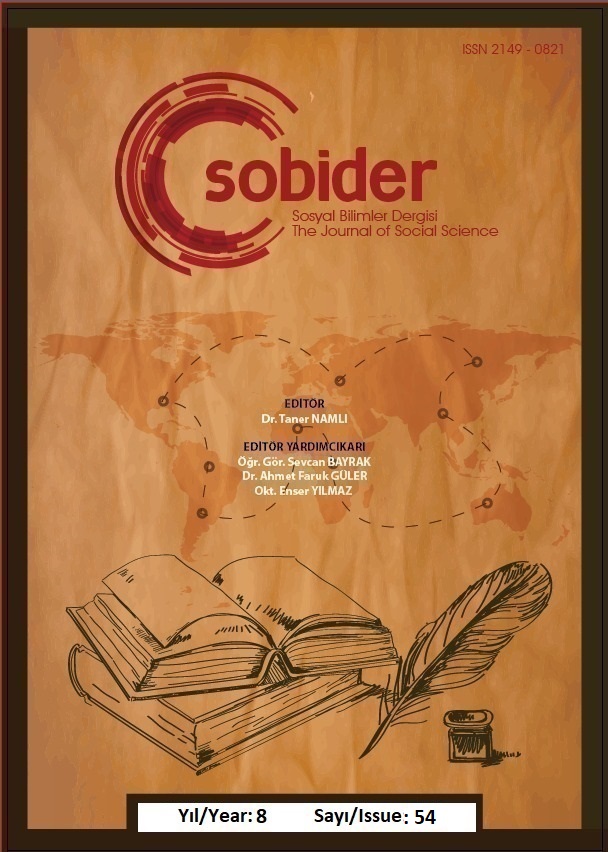Author :
Abstract
Günümüzde kuruluşlar iş süreçlerinin iyileştirilmesi ve sürdürülebilir gelişimin yakalanabilmesi bağlamında yönetsel süreçlerinin etkililiğine daha fazla yoğunlaşmaktadır. Yönetsel süreçlerde değişimi, başarıyı ve atılımı sağlayacak unsur arayışında liderlik olgusuna verilen önem her geçen gün artmaktadır. Bu doğrultuda liderlik üzerine teoriler geliştirilmekte, düşünürler iş odaklı etkili liderliğe ulaşma noktasında varsayımlar ortaya koymaktadır. Modern dönem liderlik teorileri arasında, Dönüşümcü Liderlik Teorisi, Lider-Üye Değişimi Teorisi, Hizmetkâr Liderlik Teorisi ve Otantik Liderlik Teorisi kabul görmektedir. Bu teoriler liderliğin, oluşum sürecine, temel niteliklerine, içerdiği unsurlara, etkililiğine ve sürdürülebilirliğine ilişkin varsayımlar içermektedir. Teoriler temelde organizasyonlar için liderlik süreçlerinin iyileştirilmesi odağını paylaşmaktadır.
Çalışmada işlenen modern dönem liderlik teorilerine, düşünürleri ve içerdiği unsurlar bağlamında yer verilmiştir. Bu unsurların organizasyonlara sağlayacakları katkılar ve oluşturdukları riskler, güçlü ve zayıf yönler üzerinden değerlendirilmiştir.
Keywords
Abstract
Today, organizations focus more on the effectiveness of their managerial processes in the context of improving business processes and achieving sustainable development. The importance given to the phenomenon of leadership is increasing day by day in the search for elements that will provide change, success and breakthrough in managerial processes. In this direction, theories on leadership are developed, and thinkers put forward assumptions at the point of achieving effective business-oriented leadership. Among the modern leadership theories, Transformational Leadership Theory, Leader-Member Exchange Theory, Servant Leadership Theory and Authentic Leadership Theory are accepted. These theories include assumptions about leadership, its formation process, its basic qualities, its elements, its effectiveness and sustainability. Theories basically share the focus on improving leadership processes for organizations.
The modern period leadership theories, which are covered in the study, are included in the context of their thinkers and the elements they contain. The contributions of these elements to the organizations and the risks they pose were evaluated on the basis of strengths and weaknesses.
Keywords
- Andriani, S., Kesumawati, N., & Kristiawan, M. (2018). The influence of the transformational leadership and work motivation on teachers performance. International Journal of Scientific & Technology Research, 7(7), 19-29.
- Bass, B. M., & Riggio, R. E. (2010). The transformational model of leadership. Leading organizations: Perspectives for a new era, 2, 76-86.
- Couto, R. A. (2015). Puzzles, paradoxes, and paradigms: the intellectual legacy of James MacGregor Burns. Leadership and the Humanities, 3(1), 19-25.
- Datta, B. (2015). Assessing the effectiveness of authentic leadership. International Journal of Leadership Studies, 9(1), 62-75.
- Sheer, V. C. (2015). “Exchange lost” in leader–member exchange theory and research: A critique and a reconceptualization. Leadership, 11(2), 213-229.
- Van Dierendonck, D. (2011). Servant leadership: A review and synthesis. Journal of management, 37(4), 1228-1261.
